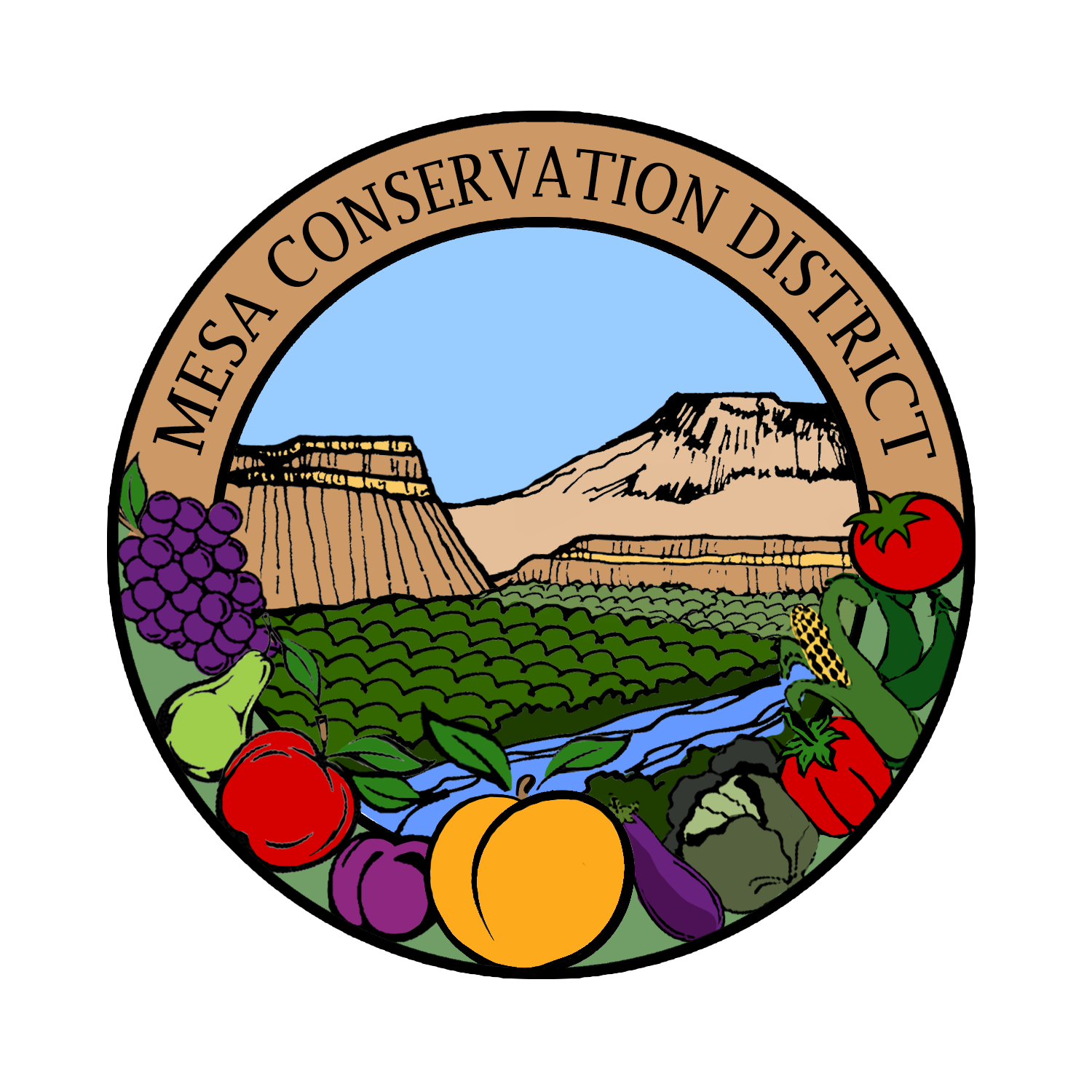
XSP
exploratory scenario planning
THE MESA XSP PROCESS
On March 7 & 8, 2023, approximately 30 community members gathered live to brainstorm possible future scenarios related to the availability of water for agriculture in our region as part of a pilot project funded by the Babbitt Center for Land and Water Policy and Arizona State University’s Global Institute for Sustainability.
Nearly 40 interviews prior to the event were used to identify 30 “drivers of change”, or things that are likely to impact the availability of water for agriculture in Mesa County.
DRIVING FORCES:
Driving forces are external issues that affect your community. They might be political forces, social attitudes, regulations or economic forces. They might evolve over time and often interact.
Review the narrowed down drivers that were voted on by our steering committee ahead of the 2-day workshop on March 7 and 8.
These drivers were the basis of our brainstorming on March 7 where we broke into smaller groups, narrowed down the drivers and began to develop possible future scenarios based on those drivers. The group voted on the top 6 Scenarios to bring into discussion on March 8. Review those Scenarios here.
On March 8, 2023, the group brainstormed Strategies to apply to the various Scenarios. These Strategies might allow us to avoid undesirable future outcomes, or move toward desirable outcomes. 225 strategies came out of our breakout sessions. Those 225 strategies were narrowed down to 40 that the group worked with in a follow up meeting with a smaller group of stakeholders on April 14. Review those 40 Strategies here.
On April 14, 2023 Ray Quay from Arizona State University’s Global Institute for Sustainability walked us through several exercises to help us think strategically about how to go about implementing these strategies in our community. Mesa Conservation District is in the process of taking that data and using it to create a searchable database that stakeholders will be able to use to discover who is already working on a strategy, who is willing to partner and who might have funding.
A robust strategy is defined as a strategy that applies across multiple scenarios. Worst case strategies apply to worst case scenarios. Transformative strategies reference strategies that will take more time to implement and may require changes in legislation and so forth. Top list refers to the strategies that were at the top of the list for each of the breakout groups. Review the strategy summary here.
-
the pilot
It all began in September 2022, when Mesa Conservation District responded to a call…
-
the Mesa County process
In March of 2023, approximately 30 community members gathered live to brainstorm…
-
next steps
It is up to us as a District, along with our partners, to determine how to continue this process…



